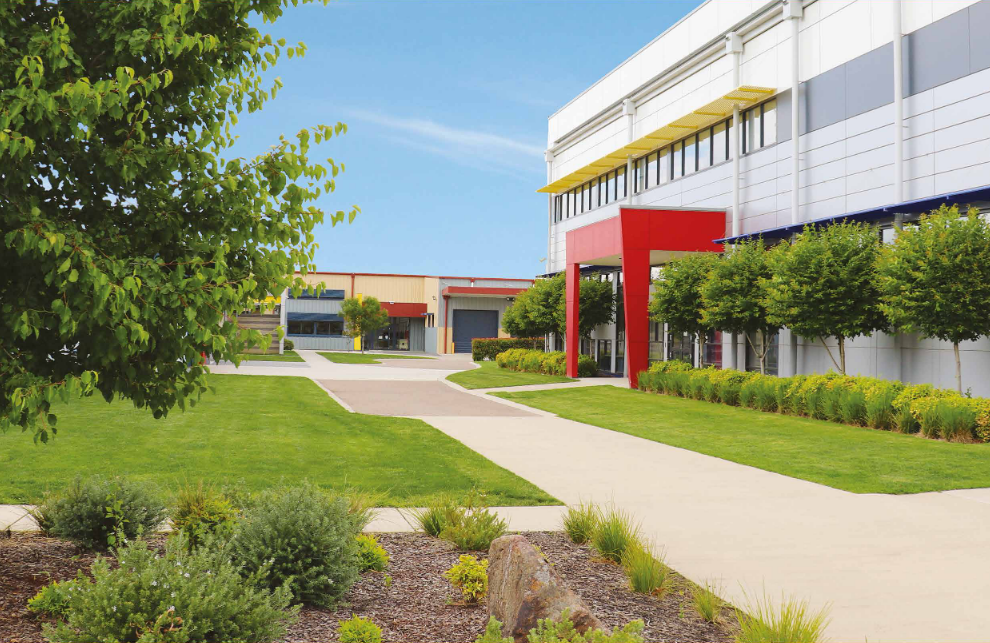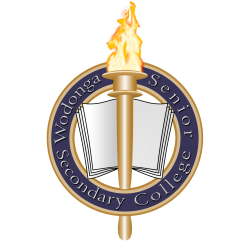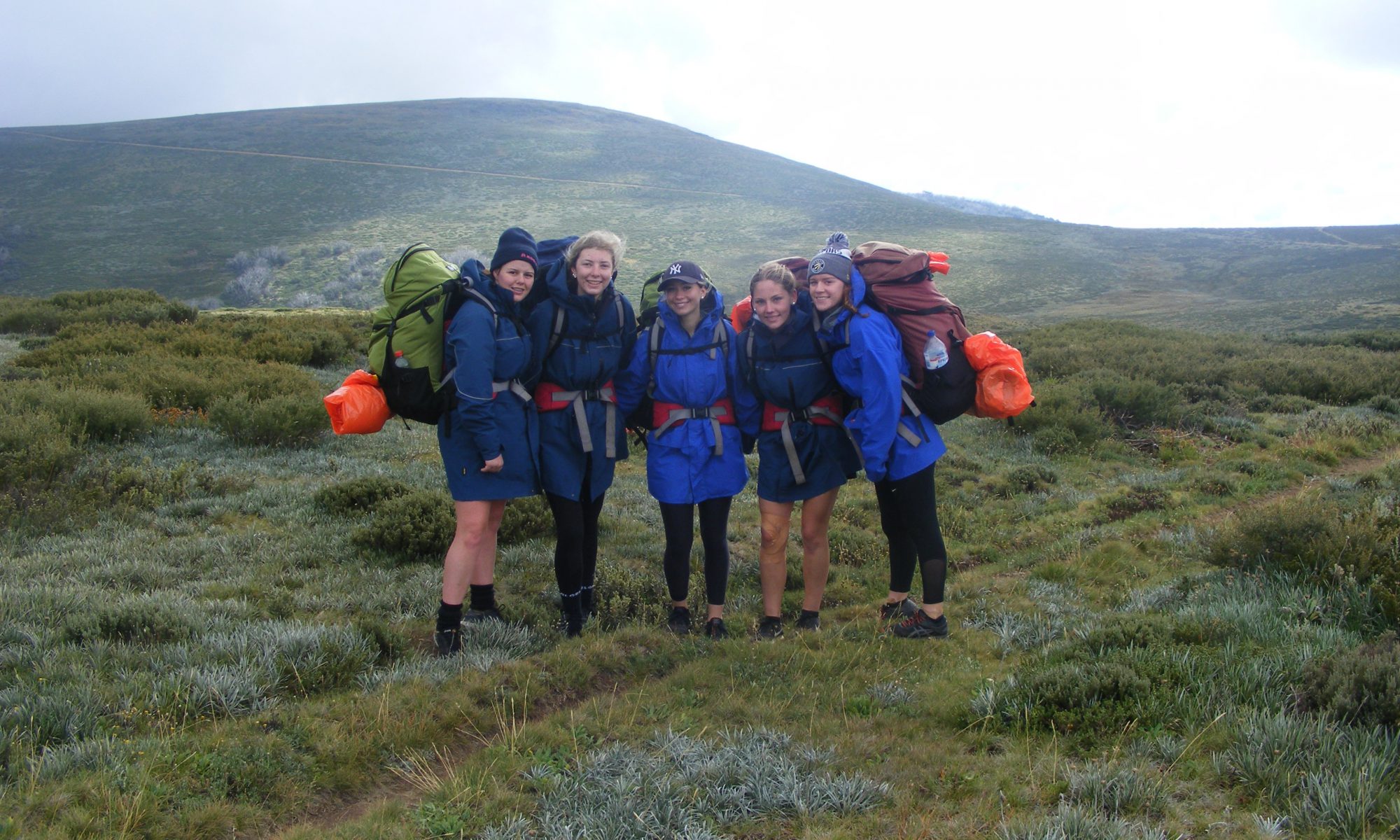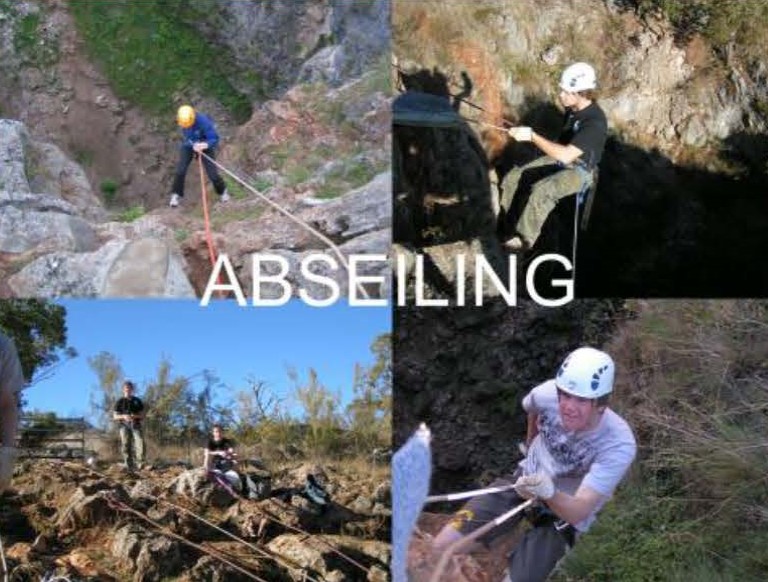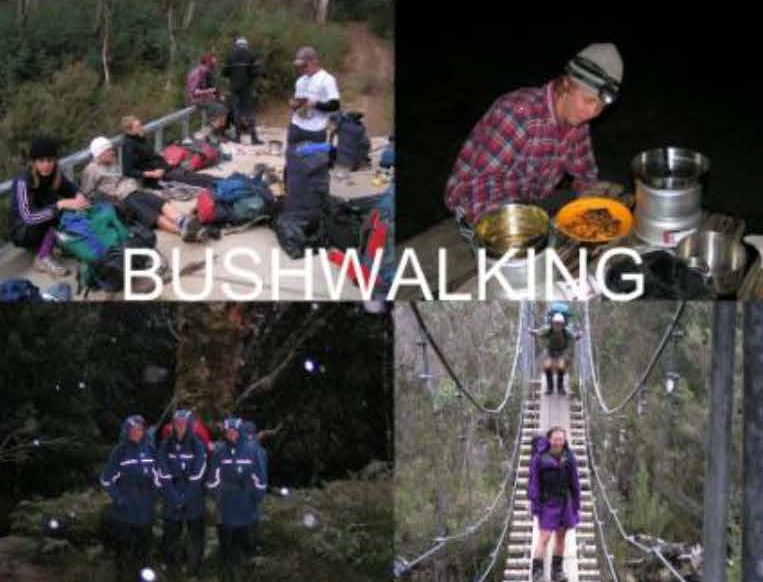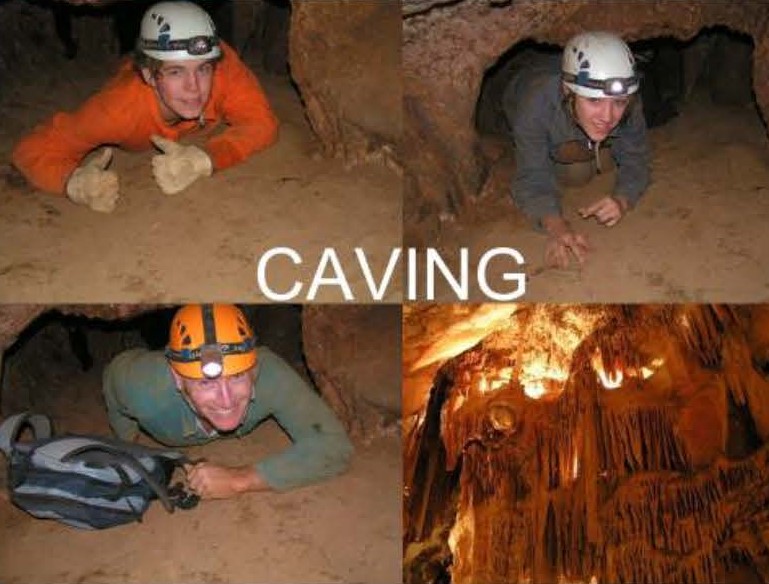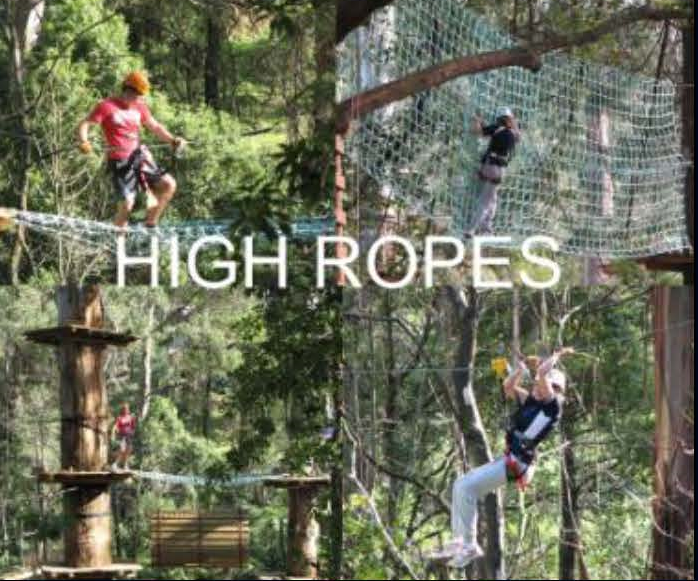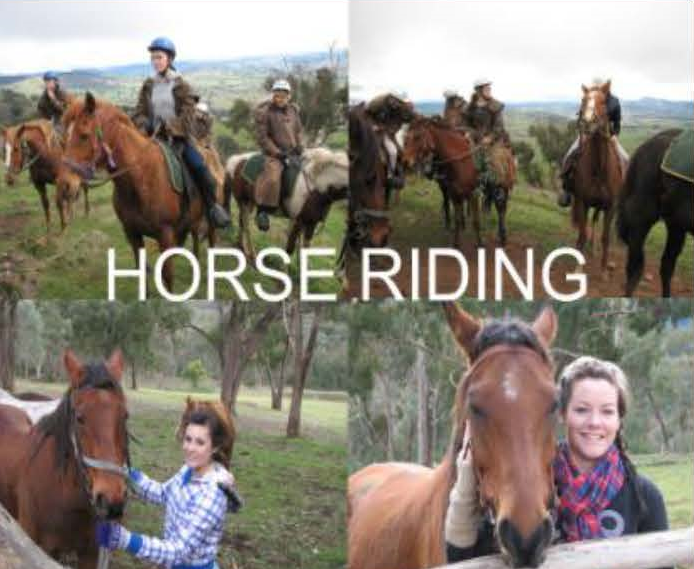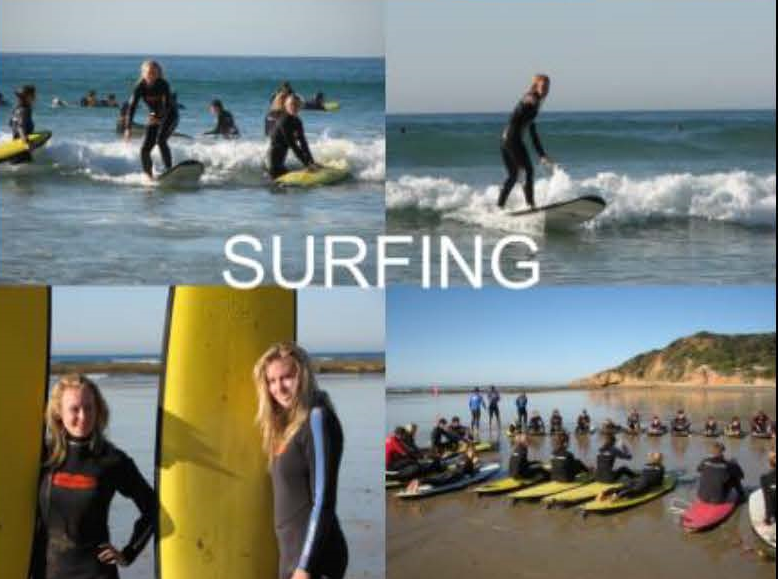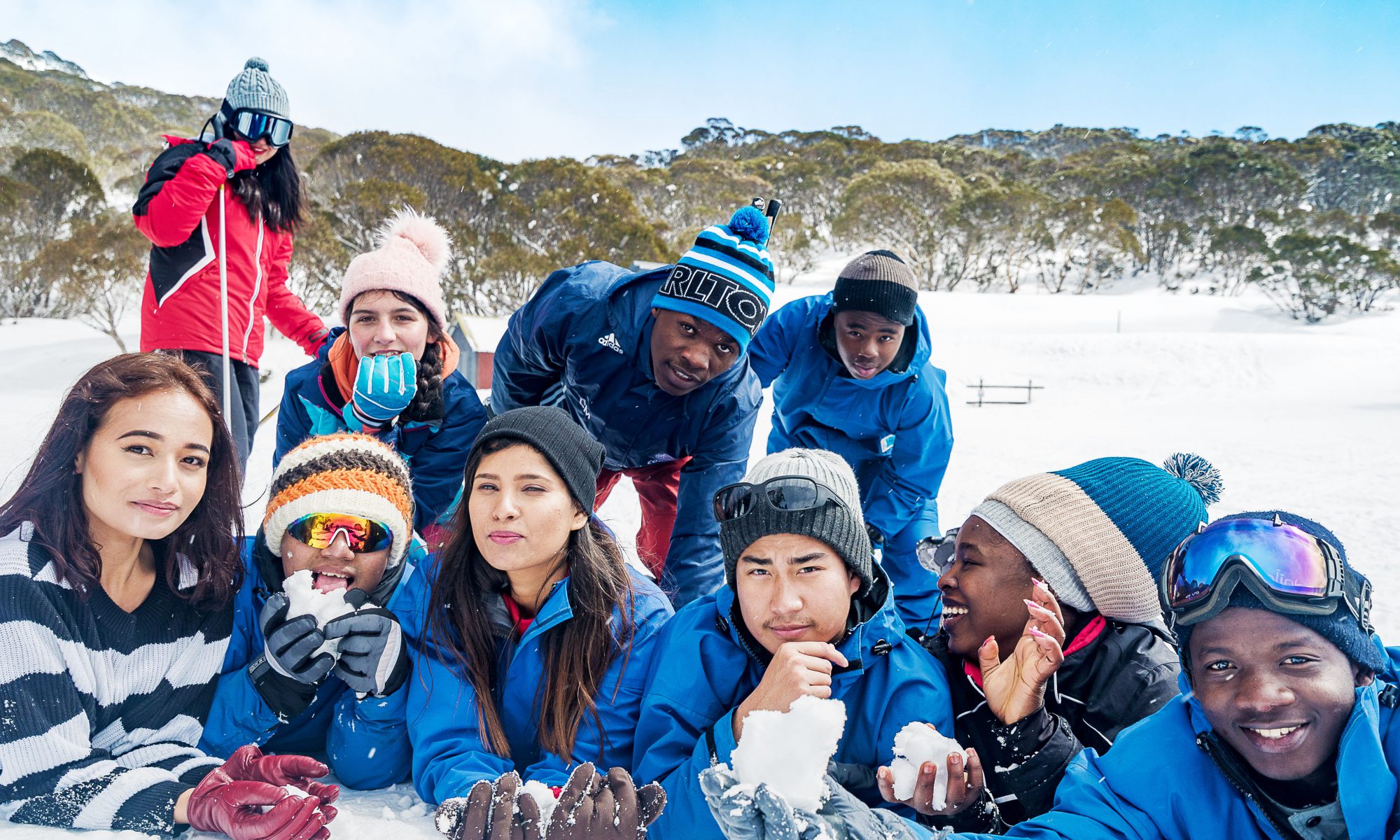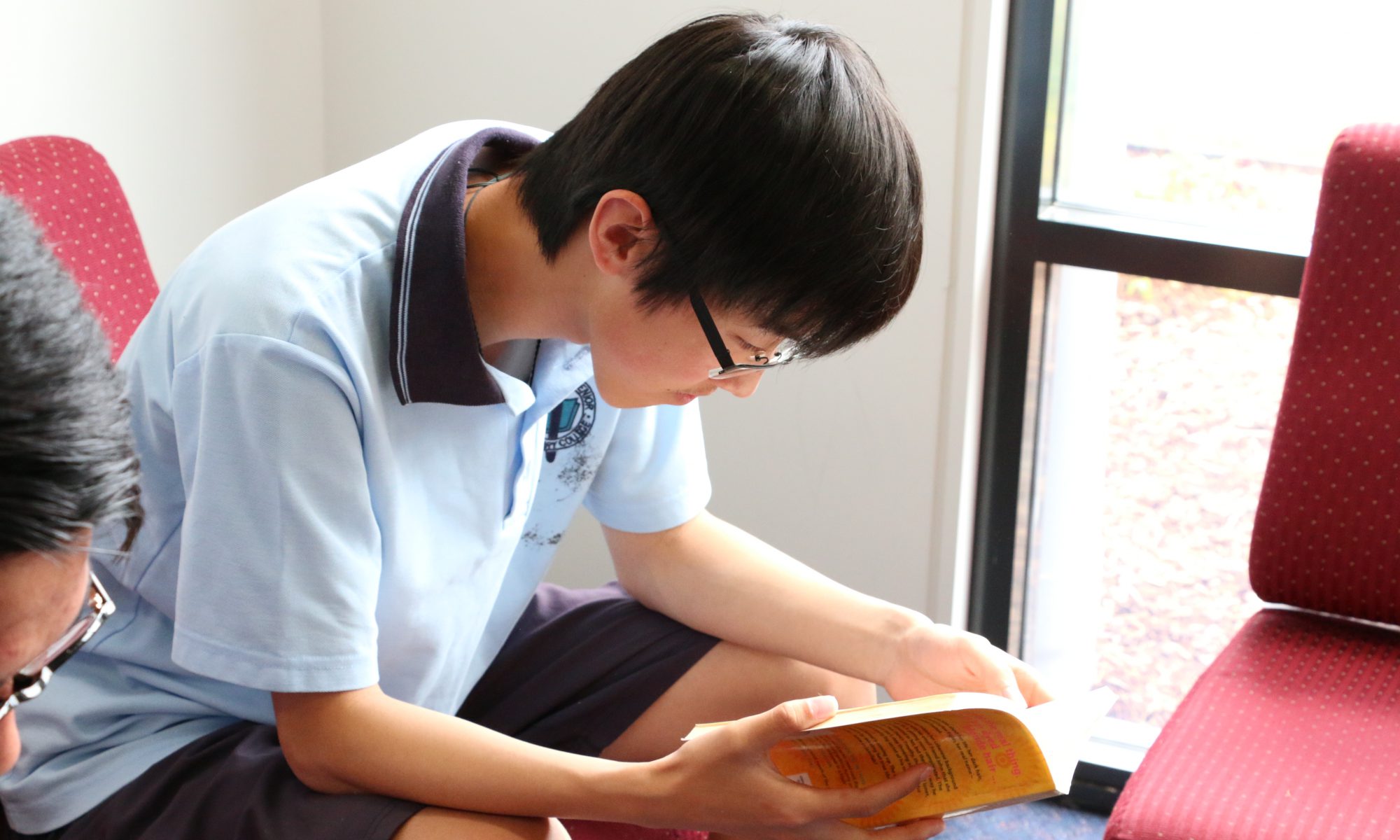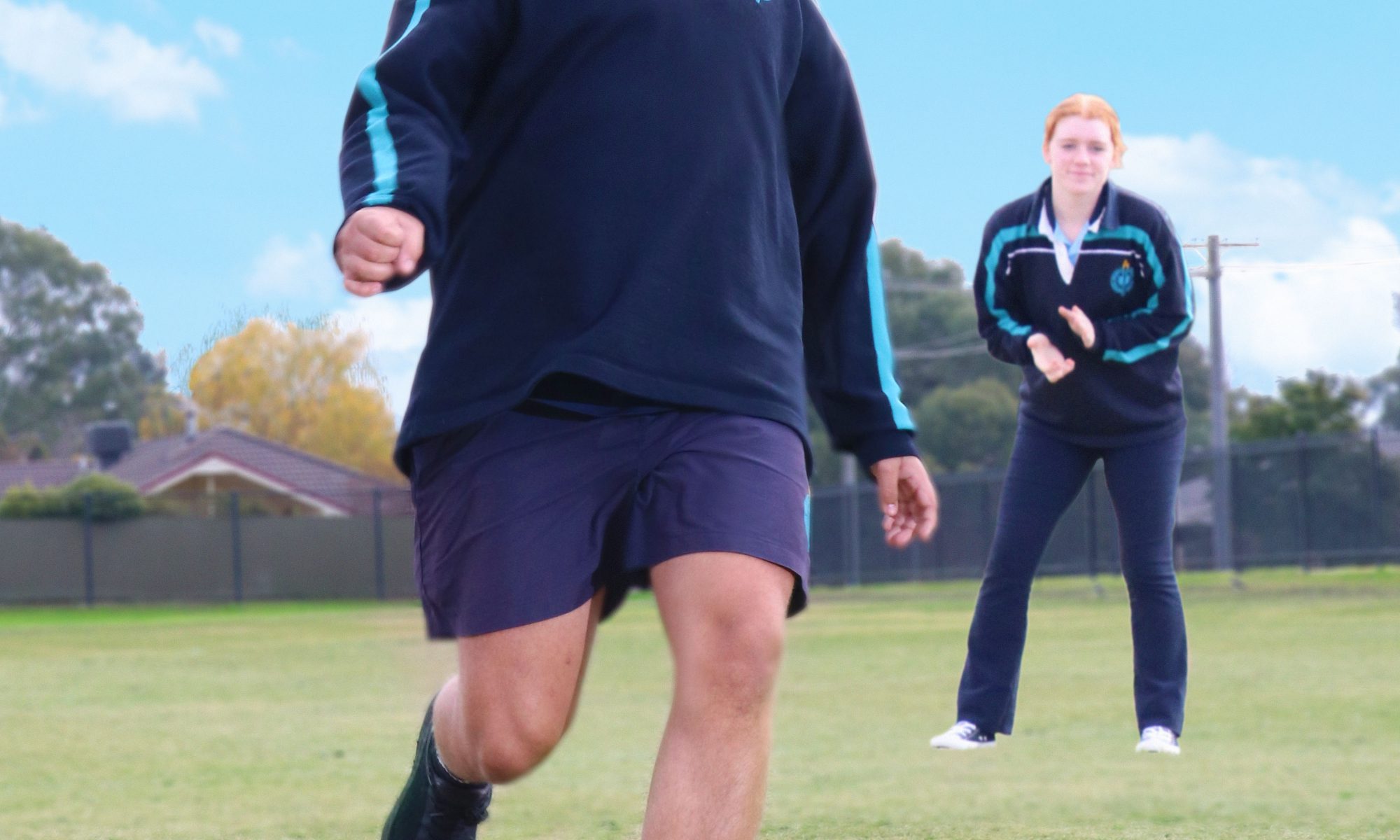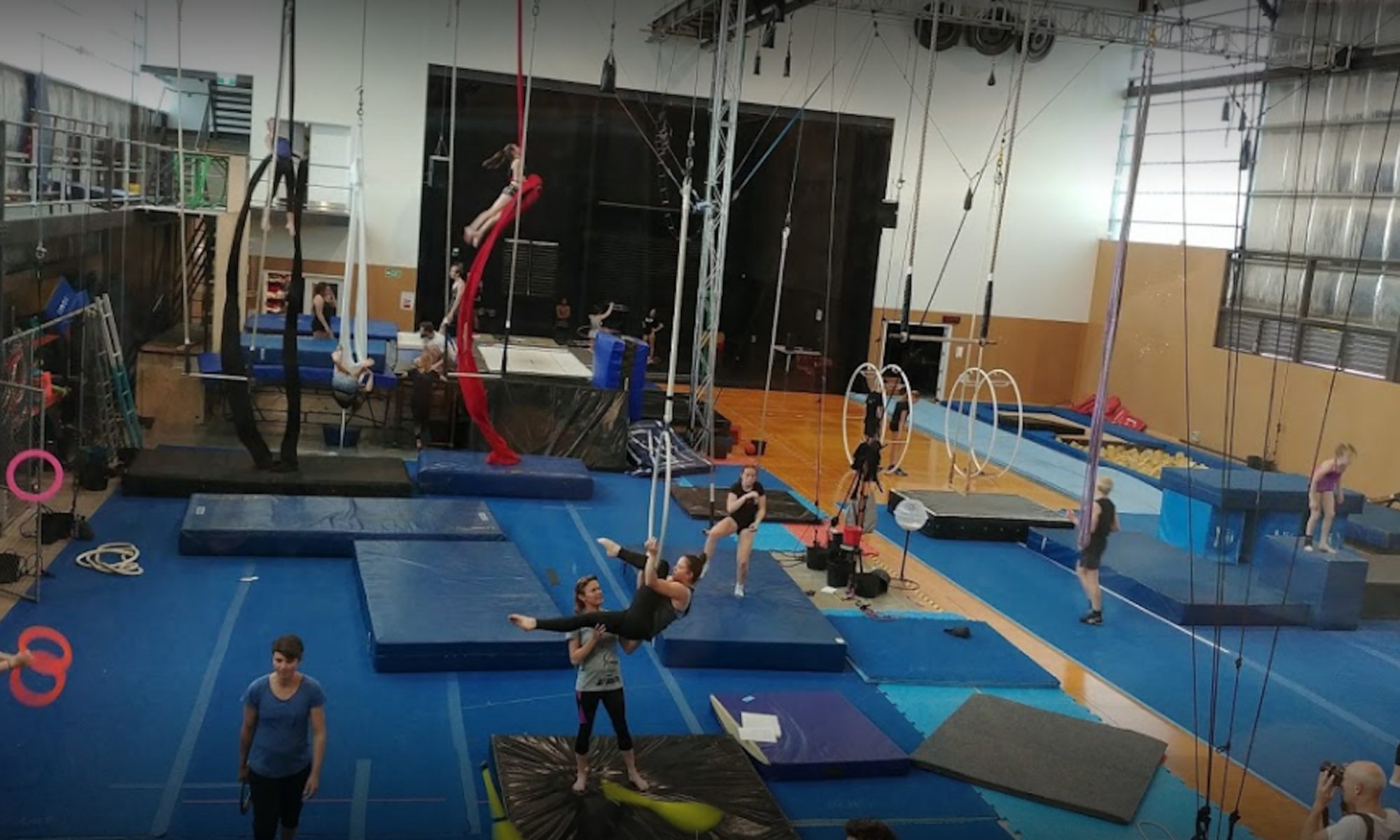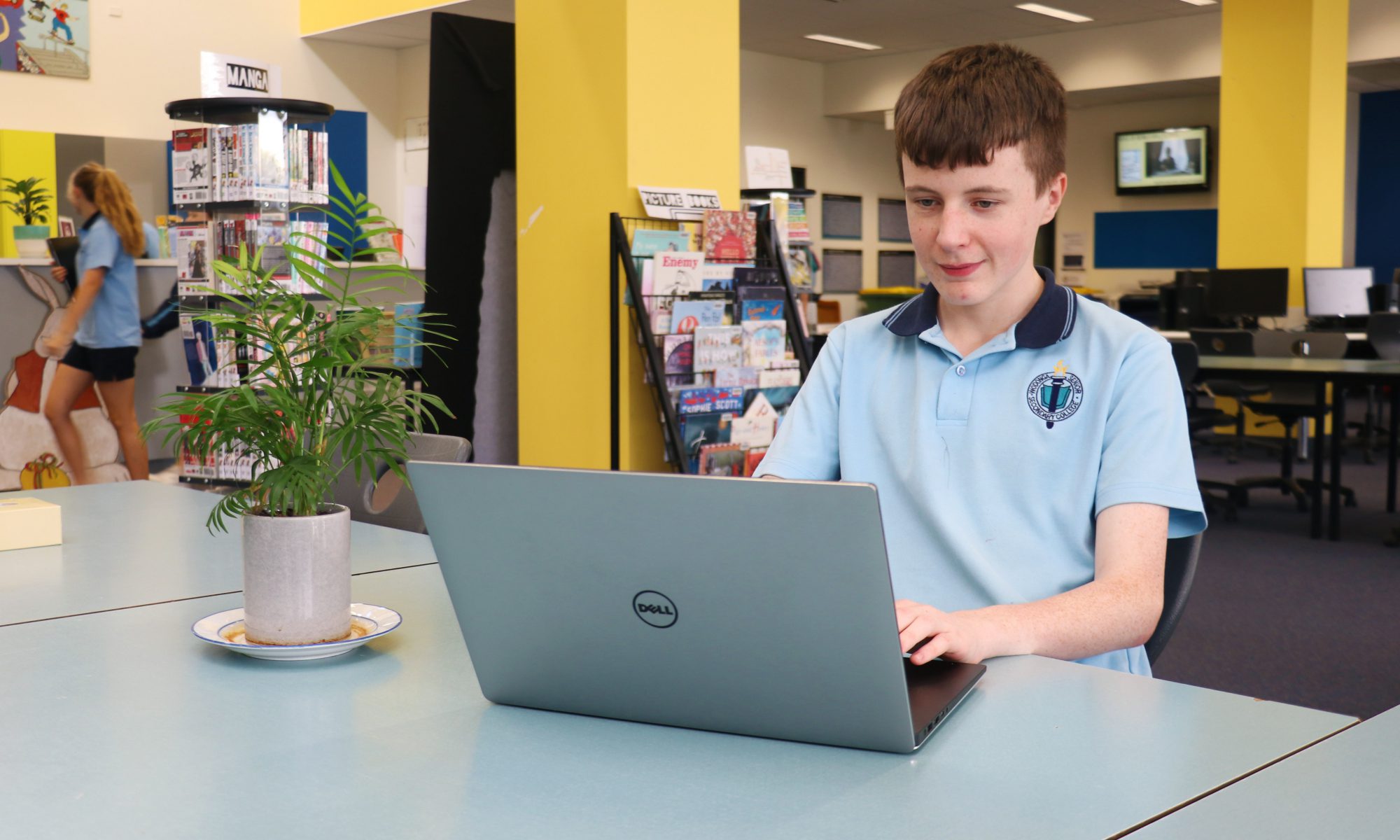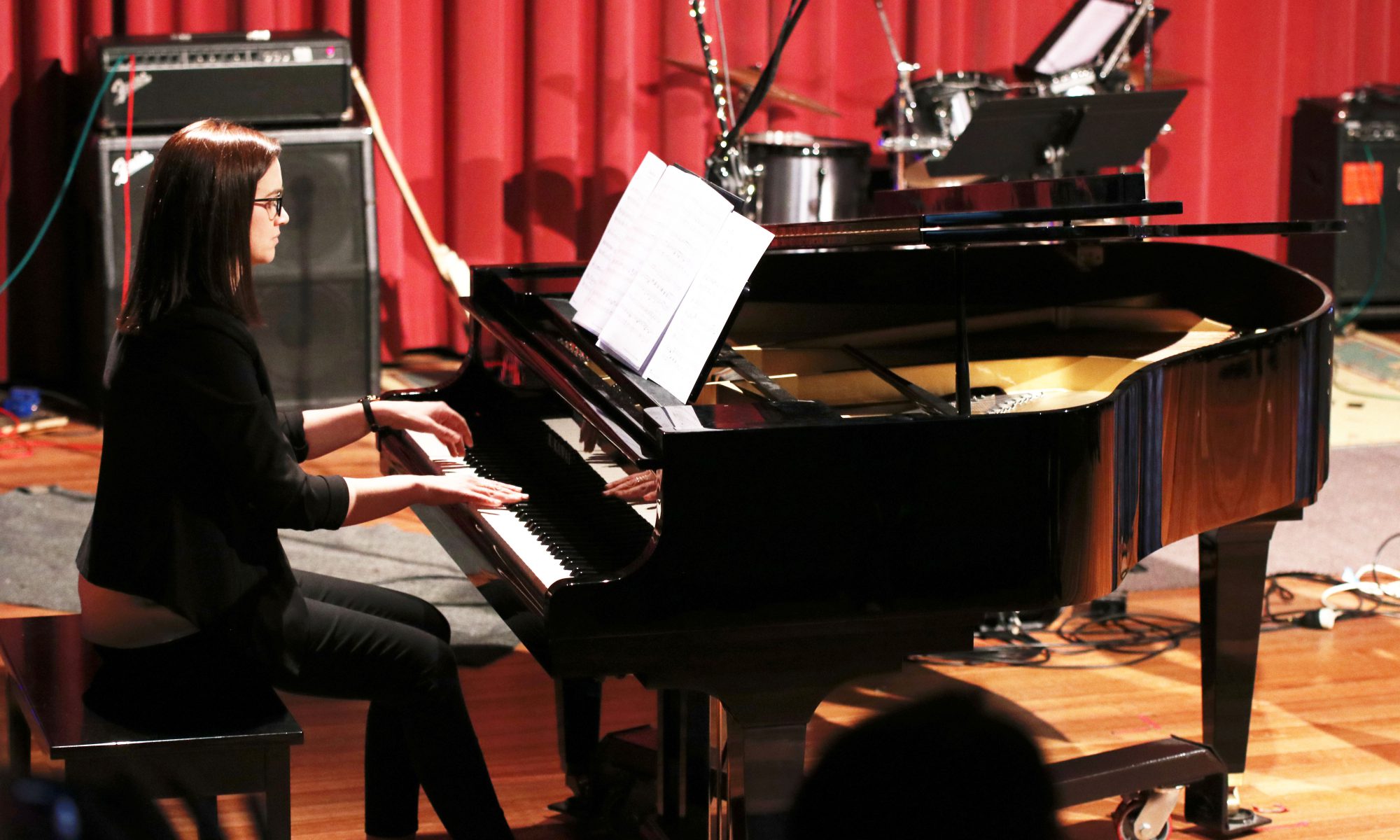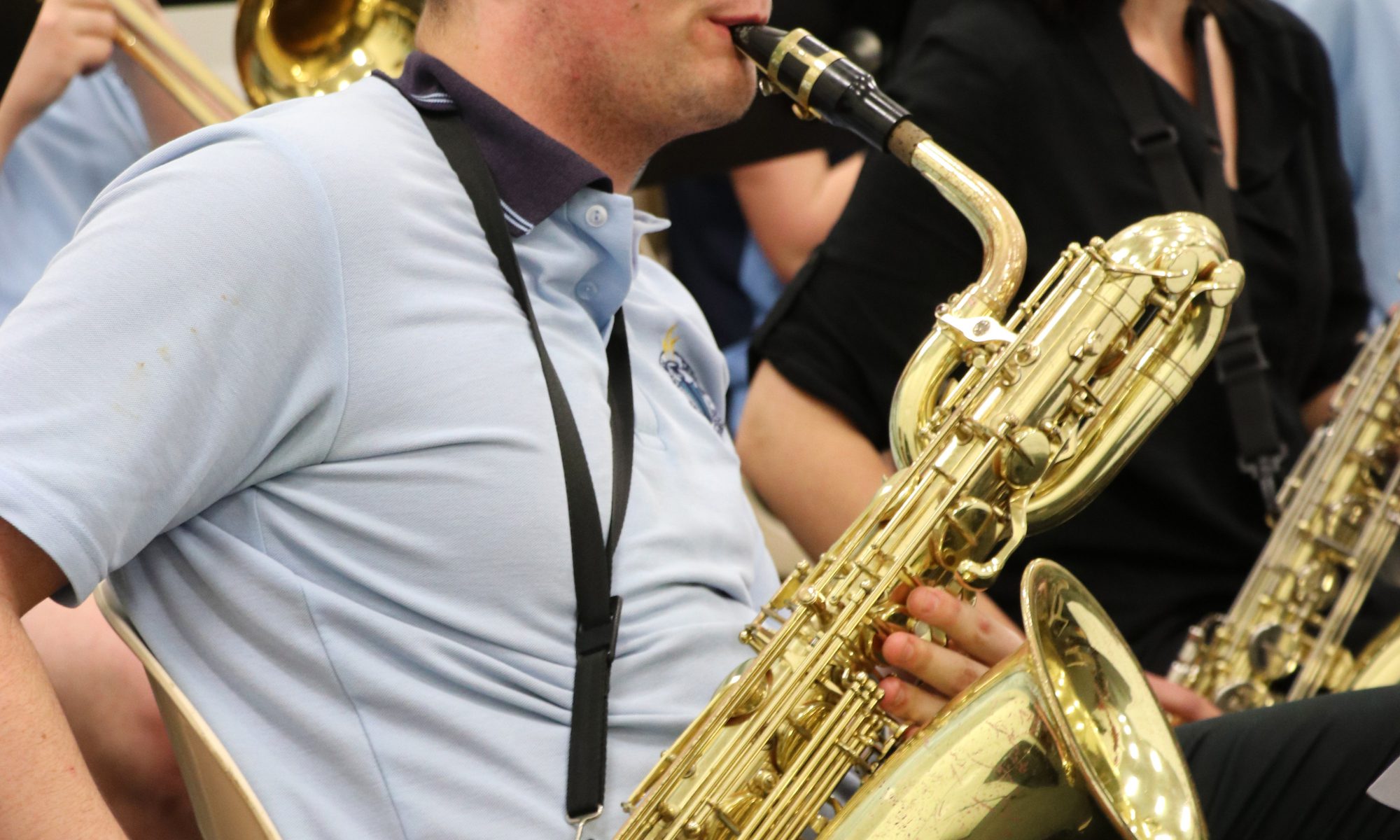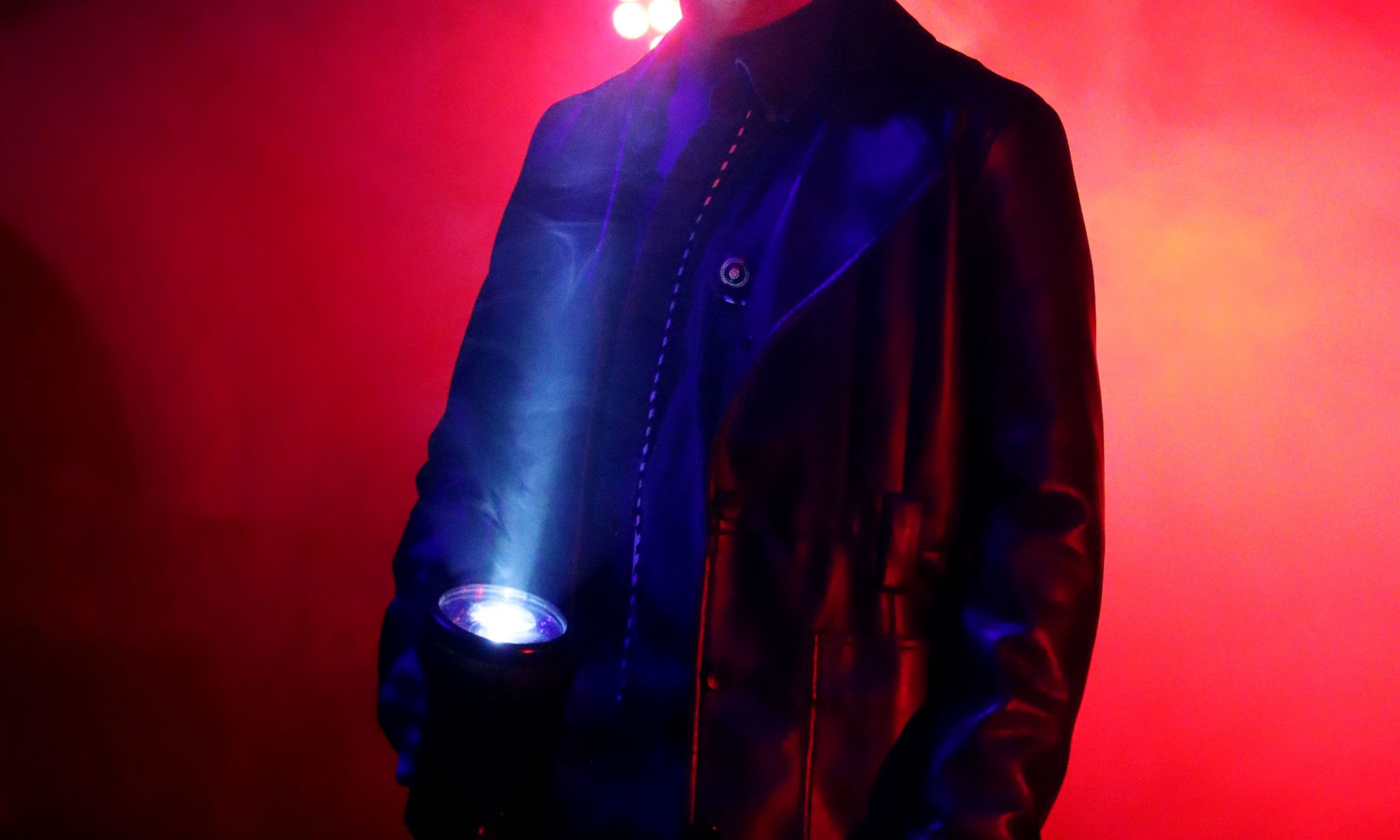Outdoor & Environmental Studies
Course Summary
Do you like interacting with the natural environment? Are you adventurous? Studying Outdoor and Environmental Studies will enable you to make critically informed comments on questions of environmental sustainability, as well as, you’ll understand the importance of environmental health, particularly in local contexts. Through both passive and active outdoor activities, you will develop experiential knowledge of outdoor environments. This is further enhanced through the complex interplay between outdoor environment and humans including environmental history, ecology and the social studies of human relationships with nature.
Unit 1: Examines how humans connect with outdoor environments and why these connections are important. Throughout the unit we learn about our place within outdoor environments and learn safe and sustainable participation in outdoor experiences.
Unit 2: Focuses on the different ways to understand outdoor environments and the impact of humans on outdoor environments. We also learn about planning trips and learning about the weather and minimal impact strategies.
Unit 3: Focuses on the ecological, historical and social contexts of relationships between humans and outdoor environments in Australia. Including the changes over time, from historical time periods to modern day contexts.
Unit 4: Explores the sustainable use and management of outdoor environments. Observing and assessing the health of outdoor environments and considering the importance of this health for the future of Australian outdoor environments and the Australian population.
Students have the opportunity to attend one (3-4 day) outdoor trip / experience each term, which directly links to the Unit 1-4 coursework and requirements. These trips include kayaking, hiking, abseiling, caving, skiing, canoeing, surfing, canyoning, rock climbing and white water rafting.
VCE: Unit 1, Unit 2 and Unit 3 & 4 sequence available
Learning Activities & Assessment
- Explore some of the ways in which people understand and relate to nature through experiences of the outdoor environment
- Explore what motivates individuals towards outdoor environments and experiences, how people interact with the outdoor environment
- Develop adventure skills in rock climbing, snow camping, skiing and boarding, bushwalking, horse riding or surfing including termly overnight/s outdoor activities
- Investigate the ecological, historical and social effects of people on the Australian environment
- Explore the sustainable use and management of outdoor environments
FAQ’s & Myth Busters
Subject Gallery
Classroom Virtual Tour
Quick Links
Approximate Costs
Unit 1 & 2
Excursions $45 – $595
Unit 3 & 4
Excursions $45 – $450
Checkpoint $18 (Optional)
